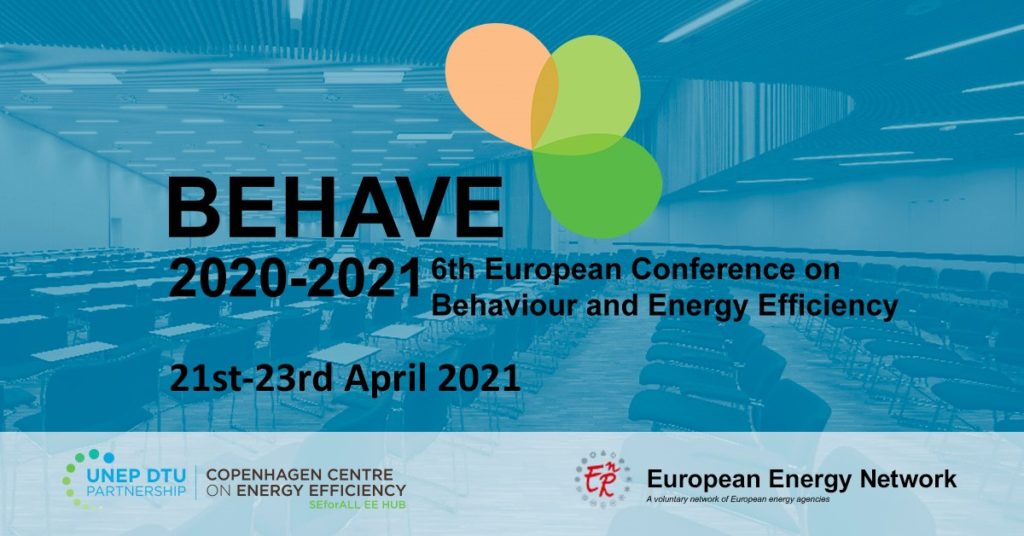
The 6th European Conference on Behaviour Change and Energy Efficiency will be held on 21st -23rd April 2021, focusing on the application of behavioural insights in energy efficiency. As an important conference for national energy agencies in Europe, BEHAVE provides a unique forum for policymakers, academia, industry and practitioners to share ideas and experiences in promoting effective solutions for energy efficiency improvements and climate mitigation.
The Energy-related Behaviour Change Working Group, on behalf of the EnR network, initiated and organised the very first BEHAVE conference in Maastricht, the Netherlands, in 2009. Since then, BEHAVE has become a biannual event. The EnR network co-organises the current edition of the conference together with UNEP DTU Partnership and the Copenhagen Centre on Energy Efficiency. EnR will chair two special sessions at the conference.
- The Behaviour Change Working Group is coordinated by Irmeli Mikkonen, Motiva, Finland.
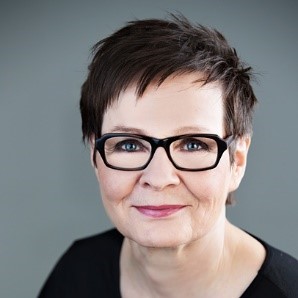
Irmeli works as a senior expert in the Energy Efficiency Unit at Motiva, Finland. Her expertise lies in behaviour change and consumer choices, and in development of energy competence of professionals. Her recent projects are related on social innovations in the energy field, energy experiments and pilots, and in competence development of professionals with special focus on behaviour change. She has worked on several European behaviour change and skills development projects as a member of the advisory board. She chairs the EnR Working Group on Energy-related Behaviour Change.
EnR Session 1 – “Energy agencies supporting households and communities through the energy transition with a focus on behaviour change and advisory services”
DATE: 21st April 2021
TIME: 13.00-14.30 CET
- Session objective
This special session will showcase best practices implemented by the national energy agencies. It aims to demonstrate how they are using behavioural insights to design their programmes and to address energy-related behavioural change at individual and collective levels of different target groups.
The EnR members will present an overview of awareness raising, tailored advice support, educational and research programmes implemented towards energy transition in different sectors. They will share information on developing and evaluating the programmes, present tools and resources adapted to different target groups, and discuss challenges and lessons learnt.
- Kerstin Schilcher from the Austrian Energy Agency (AEA) will be chairing the session.
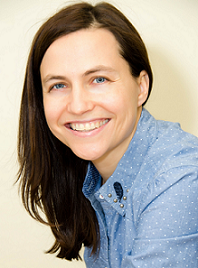
Kerstin Schilcher holds a Master of Arts degree in Environment, Politics and Globalisation (Human Geography Department) from King’s College London, UK and a BA Honours degree in European Social Policy (Comparative Environmental and Social Policy in the EU) from Anglia Ruskin University, UK.
Kerstin is a senior expert for consumer behaviour at the Austrian Energy Agency. In her work, she focuses on user behaviour and new media for consumers regarding sustainable lifestyles and energy-efficient products. Furthermore, she has extensive experience in energy policy in the EU in the field of energy efficiency with a special focus on capacity building. She is a strong networker and is the Austrian contact point in the European Energy Network (EnR). Kerstin is currently involved in consumer-centred H2020 projects such as REPLACE or ENPOR, which focus on the identification of vulnerable groups and measures to address vulnerable consumers.
Panel list:
- Broad awareness raising programmes – “Communication and awareness raising campaign for the general public by FAIRE” – Valérie Martin, ADEME, France
- Tailored advice support programmes – “National and regional energy advice for consumers in Finland” – Leila Timonen, Motiva, Finland
- Educational programmes including digital engagement and gamification – “e-Radl: Pedelecs as the key to sustainable change in mobility habits” – Altan Sahin, AEA, Austria
- Research programmes – “Behavioural science insights for increased energy efficiency in SMEs” – Torben Emmerling, SwissEnergy, Switzerland
EnR Session 2 – “The road to net zero: what can energy agencies learn from behavioural science?”
DATE: 22nd April 2021
TIME: 10.30-12.00 CET
- Session objectives
To bring together energy agencies and leading social scientists / networks
To initiate a discussion between social scientists, policy makers and EnR members (energy agencies) with a view to continue the collaboration within the EnR Behaviour Change Working Group
To discuss the insights that can be gained from behavioural science into energy policy making
- Antoinet Smits from RVO will be chairing the session.
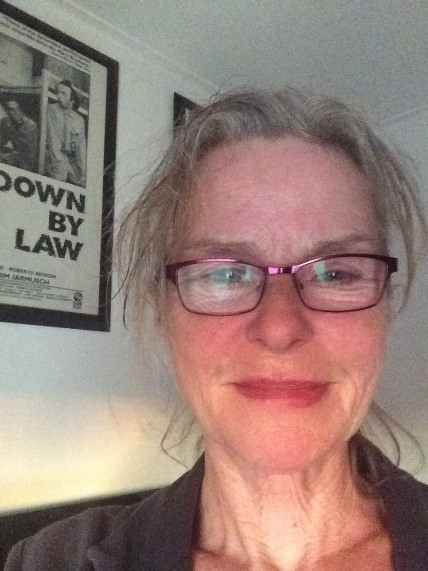
Antoinet Smits (RVO) has been working on behaviour change in the field of energy and the environment in a variety of programmes and projects for 20 years. She coordinated a European study on Energy Efficiency and Behaviour in 2001 and managed the IEE-funded BEHAVE project which expired in 2010. She has also taken part in several behaviour-related projects as a member of the Advisory Board and was involved as a national expert in the IEA Demand Side Management activities on behaviour change.
Currently, Antoinet is a member of the RVO Behavioural Insights Team at RVO.
Breakout sessions
1. Behavioural Insights in Energy Policy (Presentation Here)
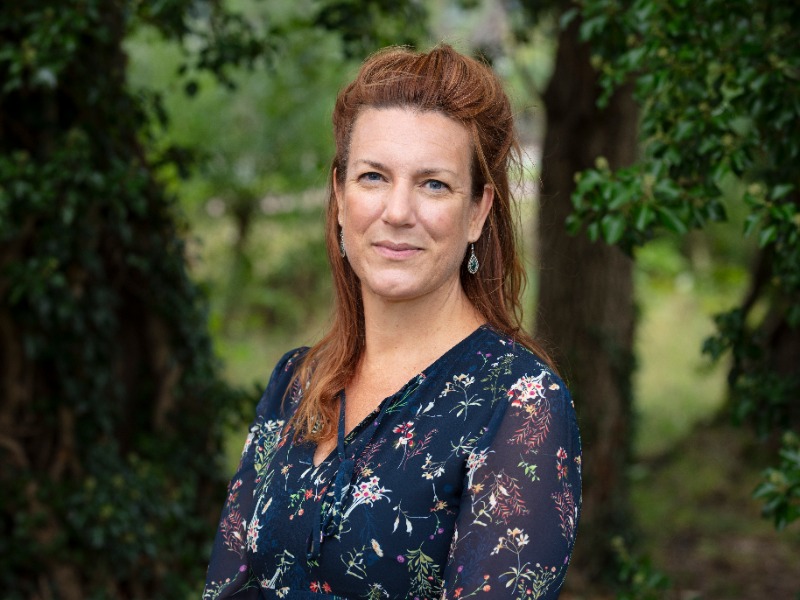
As a climate psychologist, Dr. Gerdien de Vries studies the energy transition, CO2 reduction, and climate change adaptation from a behavioural perspective. She identified psychological mechanisms that influence sustainable behaviour from a multi-actor perspective and designs and evaluates energy policies that apply behavioural insights.
“Humans need to change to fight climate change. Not only ordinary citizens but also policymakers and politicians. Some governments have started to add psychology to their policy toolbox, but behavioural insights could be applied more frequently and effectively in energy policies”.
2. Energy sufficiency; the implication for attitudes and values
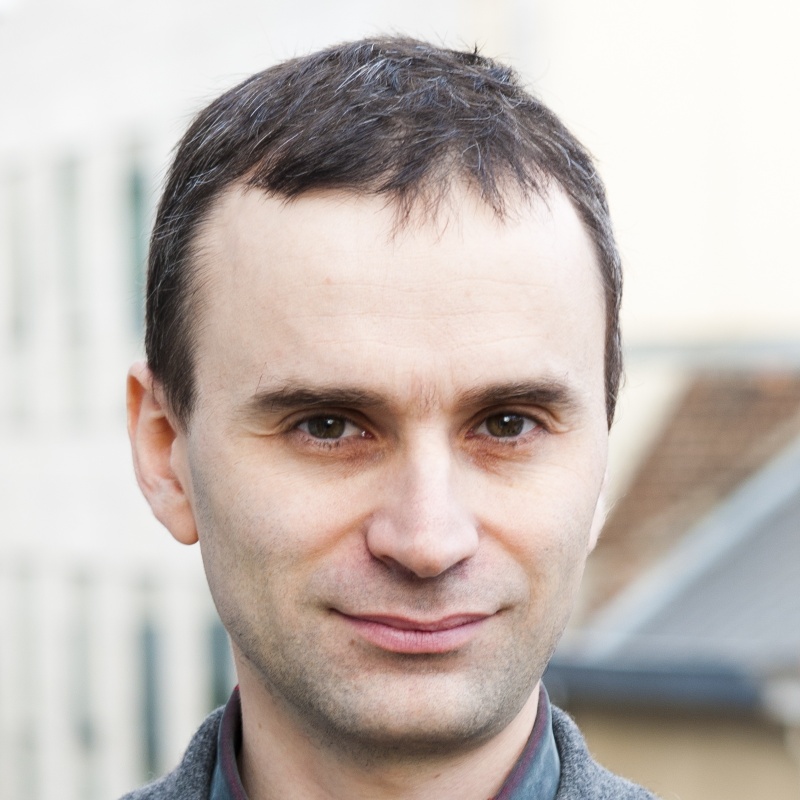
Edouard Toulouse is an independent consultant specialised in the environmental performance of products. He is growingly involved in the topic of energy sufficiency. He is one of the founders and leaders of ENOUGH, the International network for sufficiency research and policy, and has published overview papers on the definitions, barriers, modelling, and policy opportunities of sufficiency. He is also contributing to the French négaWatt scenario, an energy transition scenario for 2050 explicitly considering the sufficiency approach.
- “Activities of energy agency on energy sufficiency. The case of France” (Presentation Here)
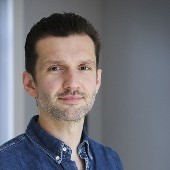
Eric Vidalenc is a coordinator of the ecological transition at the Hauts-de-France regional branch of ADEME (French agency for ecological transition). He coordinates the ADEME’s long-term 2050 forecasting visions on resources and energy, gathering more than 150 experts. He is also an expert for the French agency on research at the European Commission (Horizon 2020, Research Fund for Coal and Steel). Eric is a scientific advisor of the “Futuribles” journal and a member of the national agency for nuclear waste (ANDRA). He has published three books and is currently a lecturer in five universities. He has a blog on sufficiency.
- “Sufficiency: infrastructure to support change” (Presentation Here)
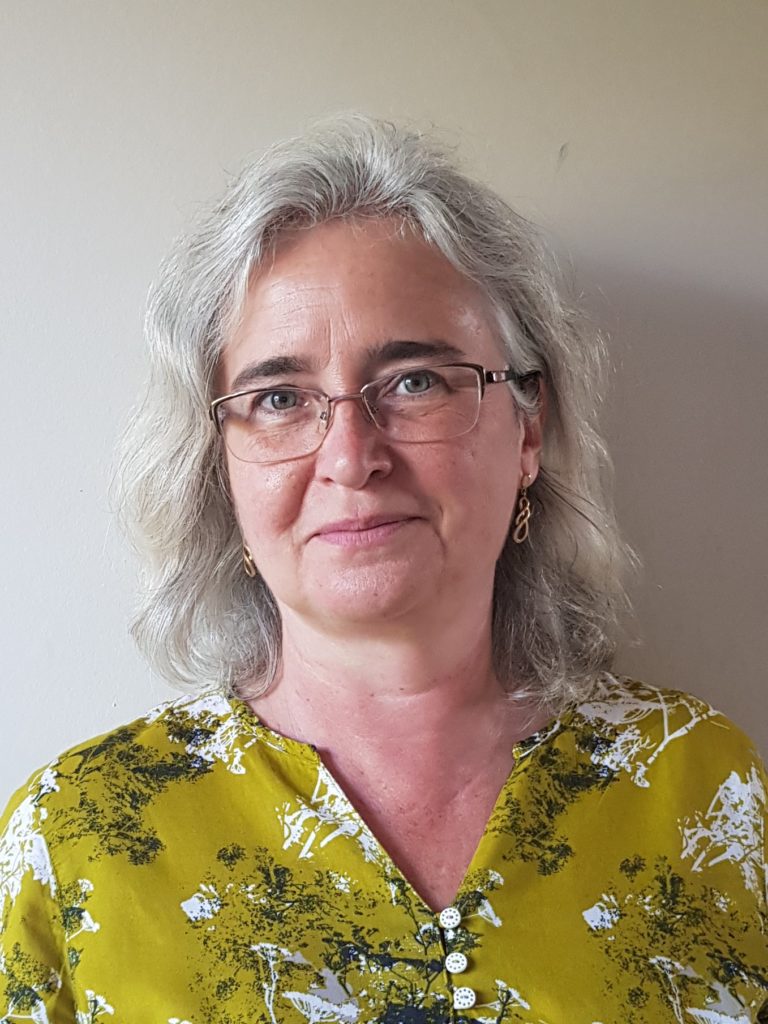
Joanne is Vice President of eceee and has led its recent work on energy sufficiency. She is based in the UK and combines independent consultancy with her role as Chief Strategic Advisor for the Association for Decentralised Energy. She chairs the Advisory Board for the UK Centre for Research on Energy Demand Solutions (CREDS) and the Research Committee for the UK Energy Research Centre (UKERC). Her areas of expertise include local energy systems, energy efficiency in buildings, energy sufficiency and the multiple benefits of energy demand reduction.
3. How to engage with vulnerable target groups who have specific needs? (Presentation Here)
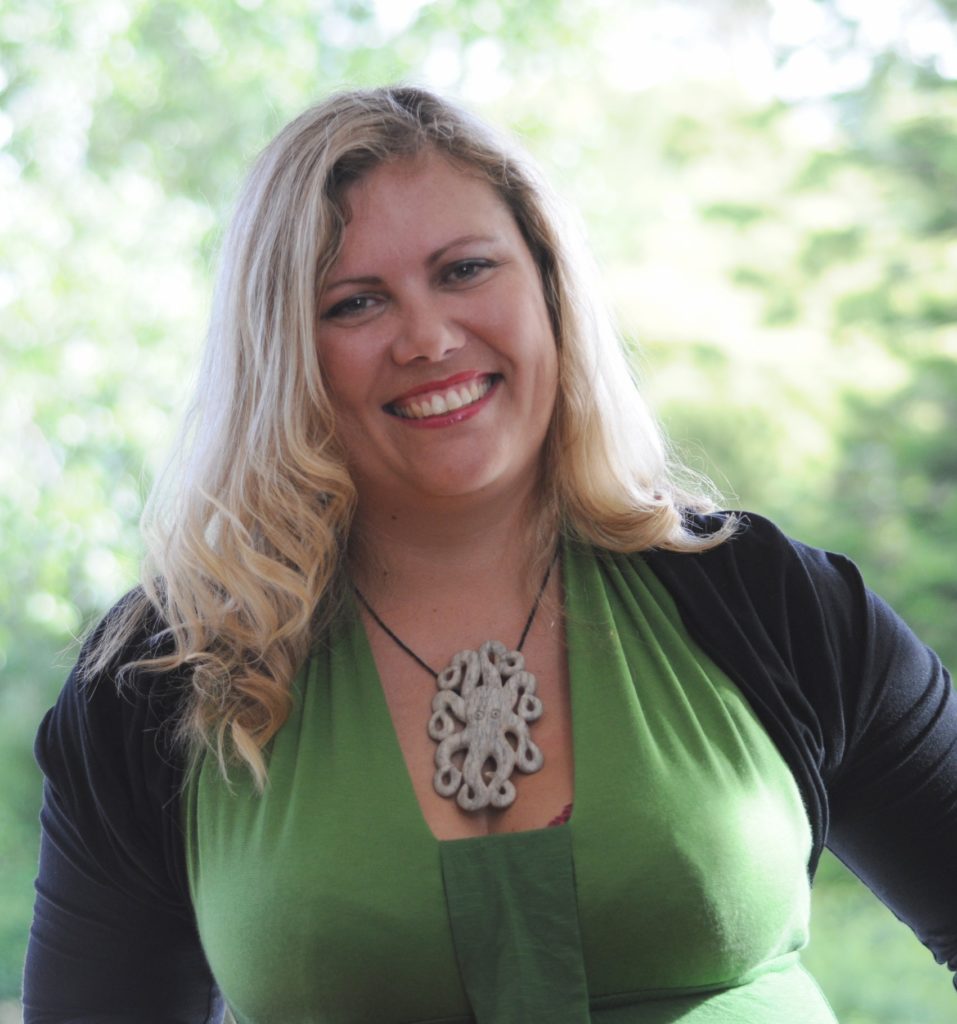
Dr Sea Rotmann (SEA) is a marine ecologist by training and a behaviour change expert by calling. She has been running international research collaborations on behaviour change for the Users Technology Collaboration Programme by the International Energy Agency for the last decade and is currently focusing on hard-to-reach and vulnerable energy users.
Conference registration is open and free:
